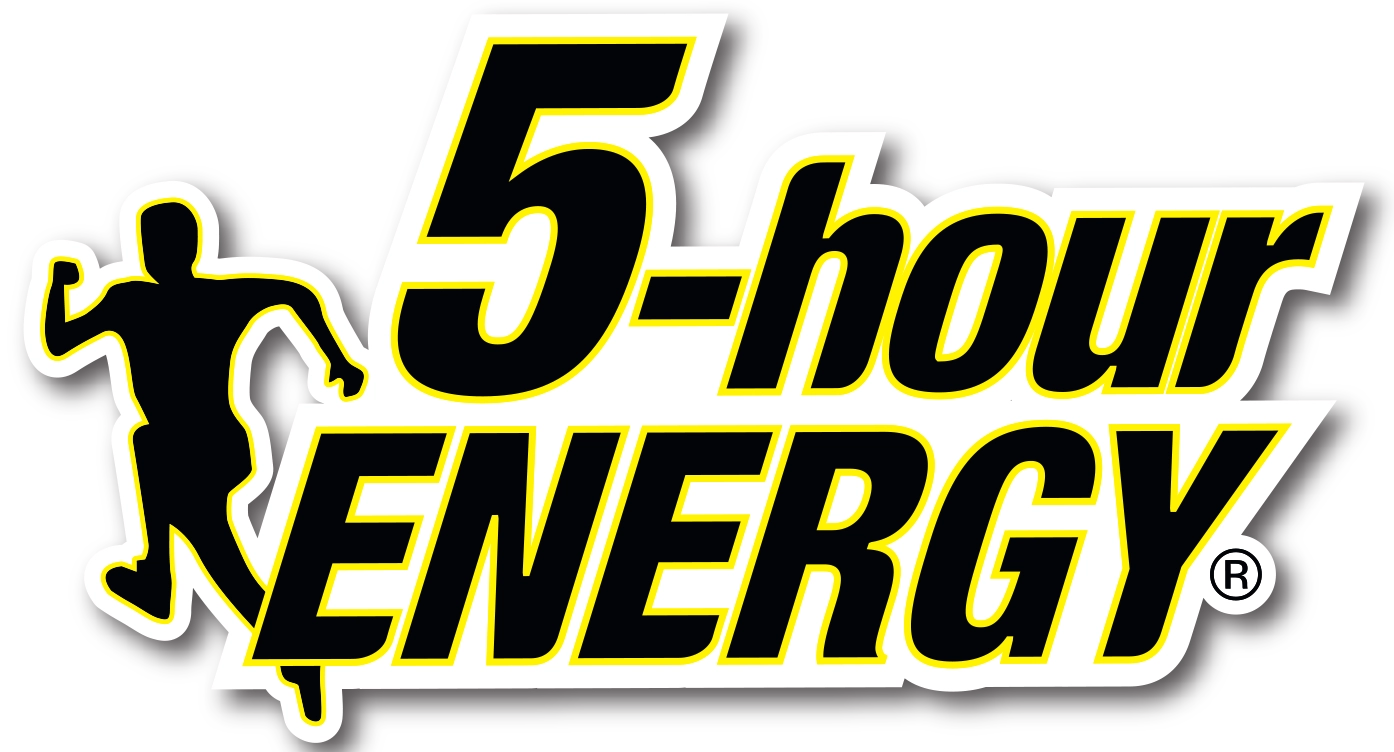
- 28 Nov 2024
- Blog
7 Quick Hacks for Better Mental Focus
With all of the distractions of daily living, staying focused is often easier said than done. For those trying to juggle work or school with life’s other responsibilities, achieving mental clarity can seem like an insurmountable challenge. Fortunately, small, actionable changes can make a big difference.
Here are 7 quick ways to improve your mental focus and keep you on top of your game in any situation:
1. Take Short, Focused Breathing Breaks
Mindful breathing exercises are a powerful tool for improving focus and reducing stress.¹ They help clear mental clutter and restore calm, which is essential for concentration.² The 4-7-8 breathing technique is particularly effective: inhale for 4 seconds, hold your breath for 7 seconds, and exhale for 8 seconds.
Studies have shown that deep breathing reduces cortisol (the stress hormone), which can otherwise impair focus.³ For an extra boost, combine this with 2 minutes of visualisation—simply imagine completing a task successfully to prime your brain for action.
2. Hydrate Regularly
Staying hydrated isn’t just good for your body; it’s essential for your brain. Research shows that even mild dehydration can lead to memory lapses, reduced focus, and slower reaction times.⁴ A simple way to ensure hydration is by keeping a refillable water bottle at your desk or in your bag.
For an extra focus-enhancing twist, infuse your water with lemon or mint, which can help awaken your senses and keep you alert.⁵ Aim to drink small amounts consistently throughout the day rather than chugging large amounts all at once.
3. Fuel Your Brain with Healthy Snacks
Your brain needs proper nutrition to function at its best. Foods like nuts, seeds, and dark chocolate provide essential nutrients, such as magnesium and healthy fats, which support cognitive function.⁶ Blueberries, often referred to as “brain berries,” are rich in antioxidants that combat oxidative stress, helping you stay sharp.⁷
Avoid sugary snacks, which can cause energy spikes followed by crashes that impair focus.⁸ Instead, pair complex carbs like whole-grain crackers with a protein-rich food like almond butter for a steady energy supply.
4. Limit Multitasking
It might feel productive to juggle multiple tasks at once, but multitasking actually reduces efficiency and increases mental fatigue.⁹ Your brain works best when it can fully focus on one task at a time.
One effective method is the Pomodoro Technique: work for 25 minutes on a single task, then take a 5-minute break. These short, focused work sessions allow your brain to recharge, enhancing productivity over the course of the day.¹⁰
5. Get Moving with a Quick Workout
Exercise isn’t just good for your body—it’s a powerful mental focus enhancer. Physical activity increases blood flow to the brain, delivering oxygen and nutrients that improve cognitive performance.¹¹
Even a 10-minute workout can significantly boost mental clarity. Consider activities like brisk walking, light yoga, or simple stretching exercises to refresh your mind during breaks. For a longer-lasting effect, incorporate regular aerobic exercise into your weekly routine.¹²
6. Power Up with Strategic Caffeine Use
Caffeine is one of the most studied cognitive enhancers, and for good reason. It works by blocking adenosine, a neurotransmitter that makes you feel drowsy, thereby increasing alertness.¹³
Pairing caffeine with L-theanine, found naturally in green tea, can provide a calmer, more sustained focus compared to caffeine alone.¹⁴ Remember, moderation is key—too much caffeine can lead to jitteriness and reduced concentration.
7. Boost Your Focus with 5-hour ENERGY®
References
¹ Zeidan, F., et al. (2010). Mindfulness meditation improves cognition. Consciousness and Cognition, 19(2), 597–605. https://doi.org/10.1016/j.concog.2010.03.014
² Brown, R. P., & Gerbarg, P. L. (2009). Yogic breathing techniques in stress reduction. Journal of Alternative and Complementary Medicine, 15(11), 1157–1162. https://doi.org/10.1089/acm.2009.0453
³ McEwen, B. S. (2007). Physiology and neurobiology of stress. Physiology Review, 87(3), 873–904. https://doi.org/10.1152/physrev.00041.2006
⁴ Benton, D., & Burgess, N. (2009). The effect of hydration on cognitive performance. Journal of Nutrition, Health & Aging, 13(7), 570–576. https://doi.org/10.1007/s12603-009-0104-2
⁵ Kennedy, D. O. (2016). Nutritional support for cognitive health. Nutrients, 8(11), 697. https://doi.org/10.3390/nu8110697
⁶ Whyte, A. R., et al. (2016). Cognitive effects following acute wild blueberry supplementation. European Journal of Nutrition, 55(6), 2151–2162. https://doi.org/10.1007/s00394-015-1029-4
⁷ Crichton, G. E., et al. (2013). Blueberry interventions and cognitive performance. Journal of Agricultural and Food Chemistry, 61(34), 8343–8350. https://doi.org/10.1021/jf403045e
⁸ Benton, D. (2010). Carbohydrate ingestion, blood glucose, and mood. Neuroscience & Biobehavioral Reviews, 34(5), 707–711. https://doi.org/10.1016/j.neubiorev.2009.10.009
⁹ Junco, R. (2012). The relationship between multitasking and academic performance. Computers & Education, 59(2), 505–514. https://doi.org/10.1016/j.compedu.2011.12.023
¹⁰ Cirillo, F. (2006). The Pomodoro Technique. Lulu Press.
¹¹ Hillman, C. H., et al. (2008). The effect of acute physical activity on cognitive control. Brain Research, 1237, 56–68. https://doi.org/10.1016/j.brainres.2008.07.009
¹² Pontifex, M. B., et al. (2009). Exercise improves cognitive performance in sedentary individuals. Neuroscience, 162(2), 300–310. https://doi.org/10.1016/j.neuroscience.2009.01.057
¹³ Einöther, S. J. L., & Giesbrecht, T. (2013). Caffeine as an attention enhancer: Reviewing existing evidence. Psychopharmacology, 225(2), 251–274. https://doi.org/10.1007/s00213-012-2917-4
¹⁴ Bryan, J. (2008). Psychological effects of dietary components of tea: Caffeine and L-theanine. Nutrition Reviews, 66(2), 82–90. https://doi.org/10.1111/j.1753-4887.2007.00011.x
